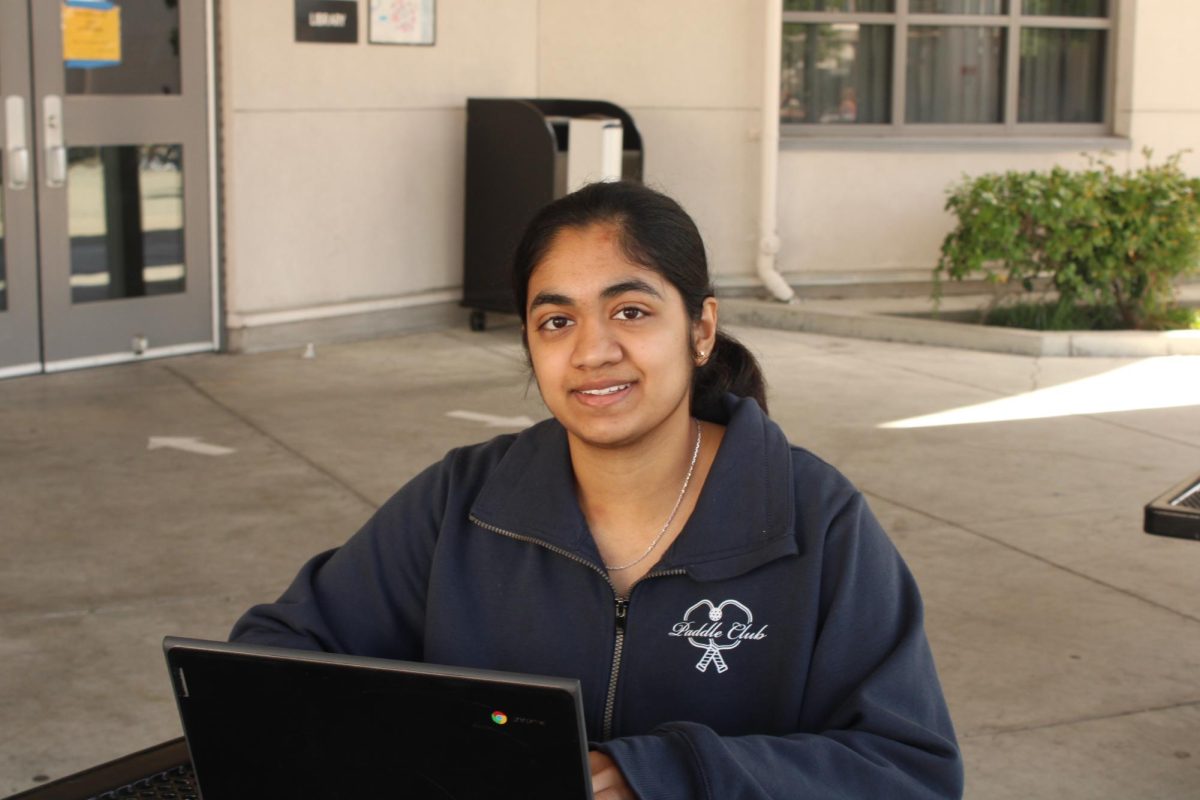Emma Von Der Lieth
Staff Writer
With the prospect of selecting next year’s classes, some students are considering AP or honors courses, hoping they will seem more appealing in the highly competitive college market.
It is almost expected that today’s students enroll in multiple AP or honors courses to help them get into the college of their dreams.
AP and honors classes require more work than regular high school classes, and most even require summer work.
“I don’t recommend AP and honors classes for most students,” said Elizabeth Oliver-Smith, one of several counselors who has already began talking with freshmen, sophomores and juniors about their 2012-13 class schedules.
“Five APs can be OK for some students,” she continued, “but when these classes start to interfere with the student’s family and social life, and they have to drink five cups of coffee just to get through their homework, it can become a problem.”
AP and honors courses allow students to receive an extra point on their grade point average (GPA). Students who receive an A in an AP or honors course earn five points, while a B earns four. A student who gets all A’s in regular courses and a B in an AP or honors course will receive a 4.0 instead of a 3.8 GPA.
This perk makes AP and honors courses highly attractive to those who want to beef up their GPA and make themselves more attractive to potential colleges.
AP courses, unlike honors courses, give students the option to take the AP exam in May. If a student completes an AP class and receives a grade of at least three on their AP exam, they can earn college credit.
According to the San Ramon Valley Unified School District Course Catalog, more than 90 percent of colleges that AP candidates attend give credit to students with satisfactory AP exam scores.
But not all students are able to manage a full load of AP and honors courses, and many get stressed trying to keep up with all of the work.
Junior Jessie Purser enrolled in five honors and one AP course at the beginning of the school year, but decided that the work load was too much, and dropped two of her advanced courses.
“I wanted the challenge, and I didn’t want to just be average,” said Purser. “But the classes just weren’t for me, and I had to cut down.”
Many students believe that if they do not take AP or honors classes they will not get into the college of their choice. But this is not always the case.
“A lot of kids get into UCs (University of California) without taking three or four advanced courses,” said Oliver-Smith. “Every college is different, and some kids get accepted with no AP or honors courses on their transcripts.”
Many colleges, such as UC Berkeley and UC Davis, consider many other facets of a potential student’s transcript, such as extra curricular activities, personal character and achievements, and performance on the SAT or the ACT, in addition to the amount of college preparatory classes taken.
Junior Nick Cocannouer, who decided not to take any AP or honors courses this year, hopes to get into Arizona State University and major in psychology.
“I don’t feel like I need to take advanced classes,” said Cocannouer. “I think I’m doing fine without the extra classes, and I don’t want to put myself through a lot of stress.”
Although the curriculum can be very stressful, some students find the classes more enjoyable if the subject matter pertains to the career that they aspire to.
Junior Amanda Stelter is currently taking honors anatomy and physiology, and AP Biology. She plans to major in nutrition or microbiology.
“I took advanced classes that I knew I would enjoy,” said Stelter. “I wouldn’t have taken AP U.S. History because I don’t enjoy history, but I really like science and I enjoy honors anatomy and AP Bio.”
Teachers find it difficult to instruct students that take AP or honors courses just for the extra grade point, rather than students who are truly interested in the subject.
“There are a lot more kids than before in APES (AP Environmental Science), and I think that’s a result of them wanting the extra grade point,” said teacher Brian Coburn. “This makes the class harder to teach because some kids just aren’t interested in the topic.”
Although some students can handle taking multiple advanced courses, they should consider the work load involved and whether or not they are willing to expend the needed time and effort to excel in each subject.
“I recommend students to talk to AP and honors teachers and students who have taken AP and honors courses,” said Oliver-Smith. “Students should evaluate what other activities they have going on, and what is best for them, because everyone is different.”





